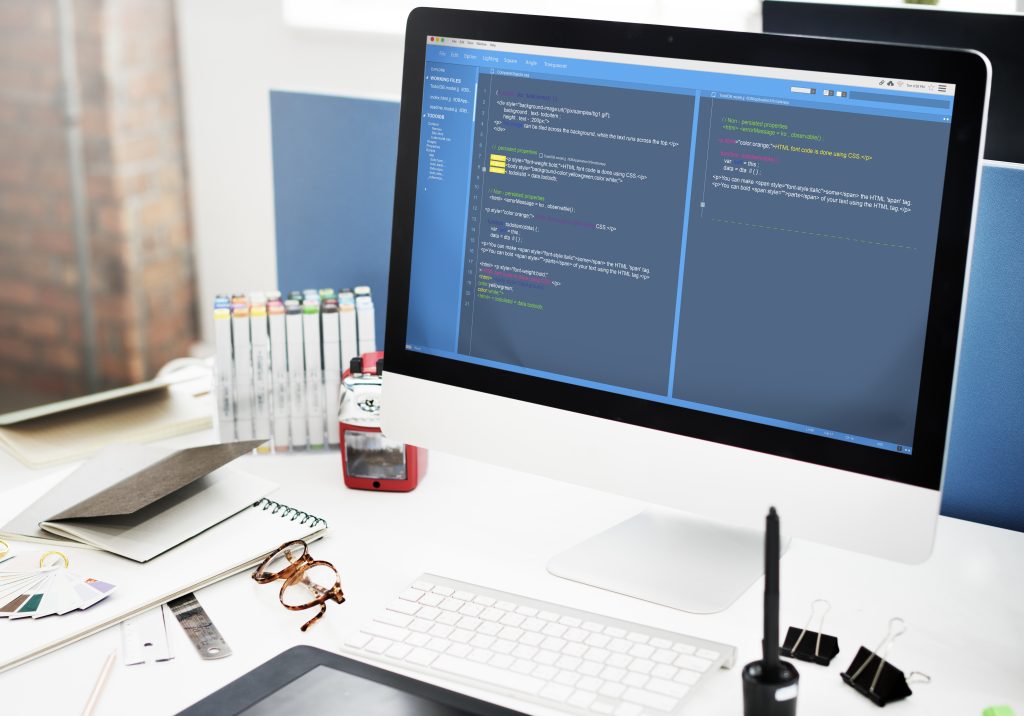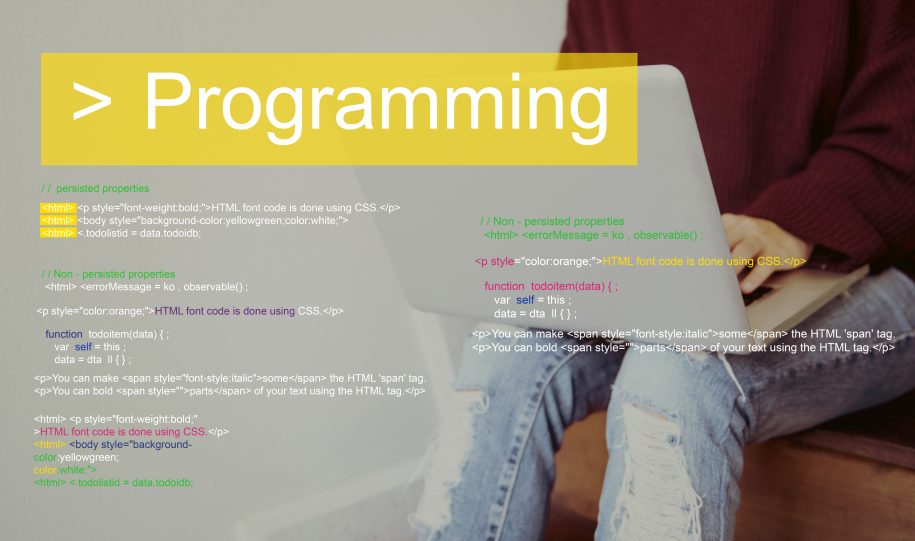Introduction
In today’s digital age, programming languages have become the backbone of our technological advancements. From developing websites to creating complex software applications, choosing the right programming language is crucial. But with numerous programming languages available, it can be overwhelming to determine the best one for your needs. This comprehensive comparison aims to shed light on the top programming languages, their features, and the factors to consider when choosing the best programming language.
What is the Best Programming Language?
Beginners and experienced developers alike often ask the question, “What is the best programming language?” However, there is no one-size-fits-all answer to this question. The best programming language depends on various factors, such as the purpose of the project, personal preferences, and the specific requirements of the industry or field. Each programming language has its strengths and weaknesses, making it important to evaluate your needs before making a decision.
What is the Best Programming Language to Learn?
For those starting their programming journey, the question of which language to learn first is common. While there are several options, two popular choices are Java and Python. Java, known for its scalability and security, finds widespread use in enterprise-level applications and Android development. Conversely, Python, favored for web development, data analysis, and artificial intelligence, is known for its simplicity and readability. Ultimately, the best programming language to learn depends on your goals and interests.
“Should I Learn Java or Python?”
The comparison between Java and Python often arises due to their popularity and versatility. Java, as a statically typed language, requires explicit variable declarations and follows a more structured approach. Python, a dynamically typed language, allows for flexible coding and faster development.
If you are interested in Android development or building large-scale enterprise applications, Java might be a better choice. However, if you prefer a language with a shorter learning curve and a focus on web development or data analysis, Python may be more suitable.
What is the Most Useful Programming Language to Learn?
Determining the most useful programming language depends on the specific industry and job market demand. However, some languages are versatile and widely used across various domains. JavaScript, for example, is essential for web development and adding interactivity to websites. It is also the backbone of many popular frameworks and libraries. Additionally, languages like C++ and C# are valuable for game development and software engineering, while languages like R and MATLAB are beneficial for data analysis and scientific computing.
Factors to Consider When Choosing a Programming Language
When choosing a programming language, several factors should be considered. Firstly, consider the purpose of your project and the specific requirements it entails. If you are developing a mobile application, languages like Swift or Kotlin for iOS and Android respectively would be ideal. Secondly, consider your familiarity with the language and your overall experience level. Choosing a language you are already comfortable with can streamline the development process. Lastly, consider the support and resources available for the language, including documentation, online communities, and libraries.
Which is the Best Language for Web Development?
Web development, a rapidly growing field, commonly uses several programming languages for building websites and web applications. With its vast ecosystem and versatility, JavaScript is often hailed as the best language for web development. It allows for dynamic and interactive web pages, and frameworks like React and Angular enhance its capabilities. Other languages like Python, Ruby, and PHP are also popular choices, each with their own frameworks and advantages. Ultimately, the best language for web development depends on the specific requirements of your project and your personal preferences.

Popular Programming Languages and Their Features
To further explore the best programming language, let’s delve into the features of some popular languages:
- Python: known for its simplicity and readability, serves as a versatile language in web development, data analysis, and artificial intelligence. Its extensive library collection, including NumPy and Pandas, makes it a powerful choice for scientific computing.
- Java: a statically-typed language, is favored for its scalability, security, and compatibility. It finds wide usage in enterprise-level applications and Android development. Its object-oriented nature and vast ecosystem of libraries make it a robust language.
- JavaScript: Primarily used for web development, JavaScript allows for dynamic and interactive web pages. Supported by all major web browsers, JavaScript has a vast ecosystem of frameworks and libraries like React and Node.js.
- C++: Renowned for its performance and efficiency, C++ commonly serves in system programming and game development. Its low-level control and ability to interface with hardware make it a powerful language for resource intensive applications.
- Swift: Developed by Apple, Swift is the language of choice for iOS and macOS app development. It combines the best features of C and Objective-C while adding modern syntax and safety features.
Comparison of Programming Languages Based on Performance and Speed
Performance and speed are crucial factors to consider when choosing a programming language. Some languages, like C and C++, offer high performance due to their low-level control and direct memory access. These languages are often used in systems programming and developing resource-intensive applications. On the other hand, languages like Python prioritize ease of use and readability over raw performance. However, advancements in just-in-time (JIT) compilation and optimization techniques have significantly improved the performance of interpreted languages like Python and JavaScript.
Comparison of Programming Languages Based on Ease of Use and Learning Curve
The ease of use and learning curve of a programming language can greatly impact the development process. Some languages, like Python and Ruby, prioritize readability and simplicity, making them easier to learn and understand. These languages often have more straightforward syntax and fewer complex concepts. On the other hand, languages like C++ and Java may have steeper learning curves due to their stricter syntax and more extensive feature sets. However, with proper guidance and practice, any language can be mastered.
Comparison of Programming Languages Based on Community Support and Resources
The support and resources available for a programming language can greatly influence the development experience. Languages with large and active communities, such as Python and JavaScript, often have extensive documentation, online forums, and libraries. These communities provide valuable support, tutorials, and opportunities for collaboration. Additionally, languages backed by reputable organizations, like Java (Oracle) and Swift (Apple), often have comprehensive official documentation and resources.
Comparison of Programming Languages Based on Versatility and Available Frameworks
The versatility of a programming language can determine its usefulness across different domains. Some languages, like JavaScript, are highly versatile and widely used in web development, server-side scripting, and even mobile app development. JavaScript frameworks like React and Angular further enhance its capabilities. Other languages, like Python, offer versatility as they can be used for web development, data analysis, scientific computing, and more. The availability of frameworks and libraries also contributes to a language’s versatility.
Comparison of Programming Languages Based on Job Market Demand and Salary Potential
Considering the job market demand and salary potential is essential for those pursuing a career in programming. While the demand for specific programming languages may vary by industry and location, some languages consistently rank high in job listings and salary reports. Languages like Java, Python, JavaScript, and C++ are often in high demand due to their versatility and wide range of applications. Additionally, specialized languages like SQL for database management and R for data analysis also offer promising job prospects.
Which Programming Language is Best for the Future in 2025?
Predicting the future of programming languages is challenging, as technology evolves rapidly. However, some languages show promising growth and potential for the future. Python, with its increasing popularity in data science and machine learning, is expected to continue thriving. JavaScript, being the backbone of web development and advancing into areas like serverless computing and artificial intelligence, is also likely to remain relevant. Additionally, languages like Go, Rust, and Kotlin have been gaining popularity and may have substantial growth in the coming years.
Conclusion
In conclusion, determining the best programming language depends on various factors, including the purpose of the project, personal preferences, and industry requirements. While there is no definitive answer, understanding the features and strengths of popular programming languages can guide your decision. Consider the performance, ease of use, community support, versatility, and job market demand when making your choice. Remember, learning a programming language is a continuous process, and being adaptable to new technologies and languages is crucial for a successful career in the ever-evolving field of programming.
Start your programming journey today and explore the vast world of coding. You can also read our article about Dev Manager.









Leave a Reply